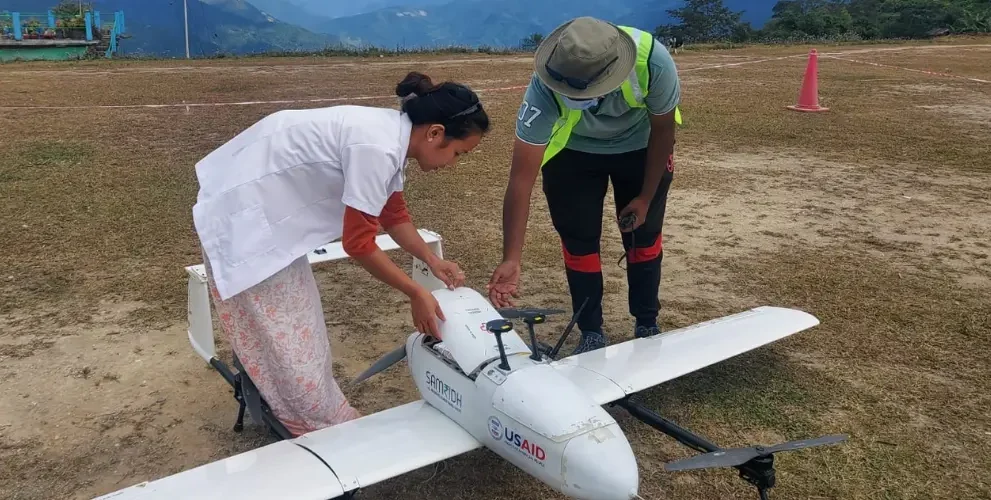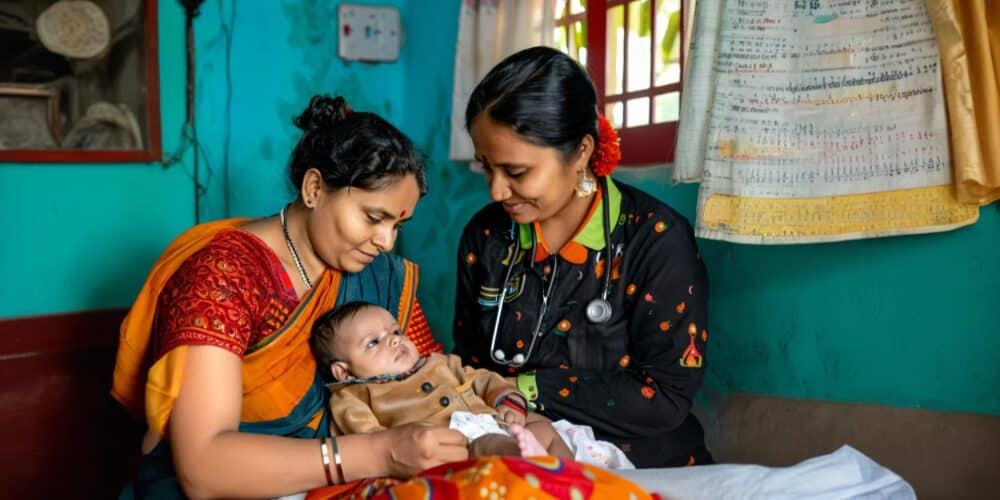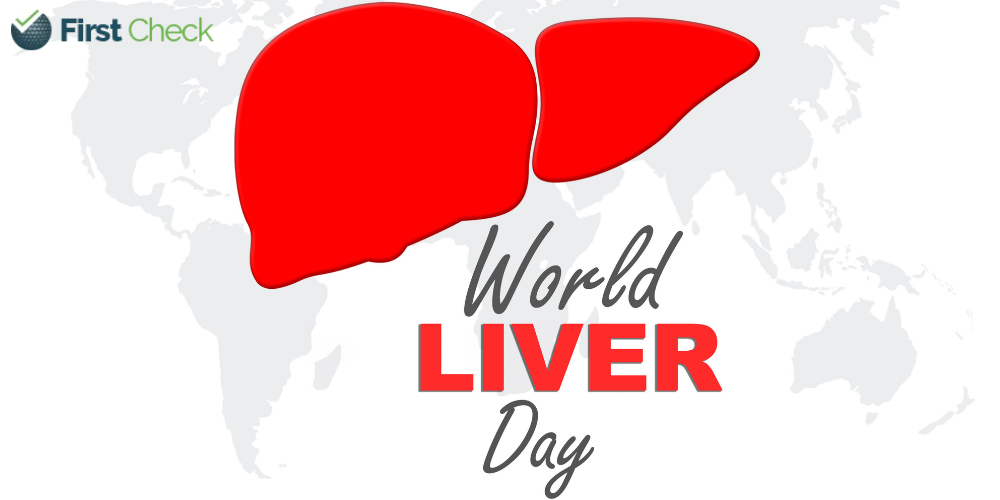Drones revolutionize healthcare delivery in India, over 10,000 deliveries made in Telangana, Arunachal Pradesh
The trials in India have demonstrated the potential of drones to transform healthcare and other services across inaccessible regions around the globe, where deliveries by road are impossible or impractical
Author
Author
- admin / 1 year

- 0
- 4 min read

Author
Healthcare delivery by drone is transforming access to medicines in India, with the “Medicine from the Sky” initiative successfully delivering over 10,000 medical products, according to a report by the World Economic Forum (WEF). The report also noted that over 650 drone flights have been completed, covering 15,000 kilometers in equivalent ground distance.
In September 2020, India launched its first coordinated drone-based medical delivery programme. On a trial basis, drones were used to transport medicines, vaccines and samples to local health centres from medical stores and district hospitals in Vikarabad, Telangana. By 2024, the initiative had covered a catchment population of more than 100,000 people, bringing primary healthcare closer to their doorstep.
The WEF’s Medicine from the Sky initiative, a partnership with local healthcare providers, has completed almost a thousand flights-bringing much-needed medical supplies to isolated communities.
In the second phase of the trial, drones were deployed in more complex terrain in the Himalayan state of Arunachal Pradesh. Despite the challenges of operating drones in high-mountain landscapes, the deliveries led to dramatic improvements in healthcare provision for the region.
“One of the most striking outcomes has been the dramatic reduction in delivery times. Journeys that once took eight hours by ground transport have been slashed to just 22 minutes, as the drones fly directly to the customer rather than having to navigate dangerous mountain roads,” the report said. “This has cut emergency response times, saving lives in critical situations.”
The World Economic Forum says AVIATE India initiative – is taking advanced air mobility to the next level in India. AVIATE India is a forum for drone and advanced air mobility organizations, bringing together communities, governments, civil society, and academia to drive innovation and create positive change.
“By forming partnerships between communities, governments, civil society, and academia, AVIATE India is extending the benefits of airborne technologies across sectors including healthcare, agriculture and property surveying,” the WEF said.
The trials in India have demonstrated the potential of drones to transform healthcare and other services across inaccessible regions around the globe, where deliveries by road are impossible or impractical.
“A public/private partnership approach can unlock growth, investment in research and development, empower local communities and most importantly of all, give millions of people rapid access to vital healthcare services,” the report added.
Reasons behind ‘Medicine from the Sky’
The WEF said India’s primary healthcare infrastructure is highly complex, expansive and effective with the system working hard to ensure that all citizens have access to primary healthcare. However, despite consistent government efforts, the diverse geographical terrain and challenging climatic conditions often mean that populations who live in remote, hilly areas have limited access to healthcare services, the Geneva-based organization added.
“In the Himalayan belt, the state of Arunachal Pradesh, in the northeastern extremity of India, is characterized by steep mountainous terrain and dense forests, which pose significant challenges to surface transport and infrastructure development,” the report said “The fact that the population is dispersed in small settlements scattered across extensive mountain ranges further complicates the provision of healthcare services to all communities.”
Similarly, the report points out the inaccessibility of the East Kameng district of the state. “The distance between the district hospital in Seppa and the community health centre in Chayangtajo is just 84 km (52 miles), but due to the mountainous topography it takes approximately six hours for an ambulance to travel between these two locations,” the report states.
The technology, the report highlights, provided a possible solution.
“The use of drones to ensure speedy delivery of testing samples and vaccines,” the WEF said. “This was the rationale behind the start of the Medicine from the Sky (MFTS) initiative.”
Also read: Digital health and community drives cut mental health risks: study – First Check
(Do you have a health-related claim that you would like us to fact-check? Send it to us, and we will fact-check it for you! You can send it on WhatsApp at +91-9311223141, mail us at hello@firstcheck.in, or click here to submit it online)









